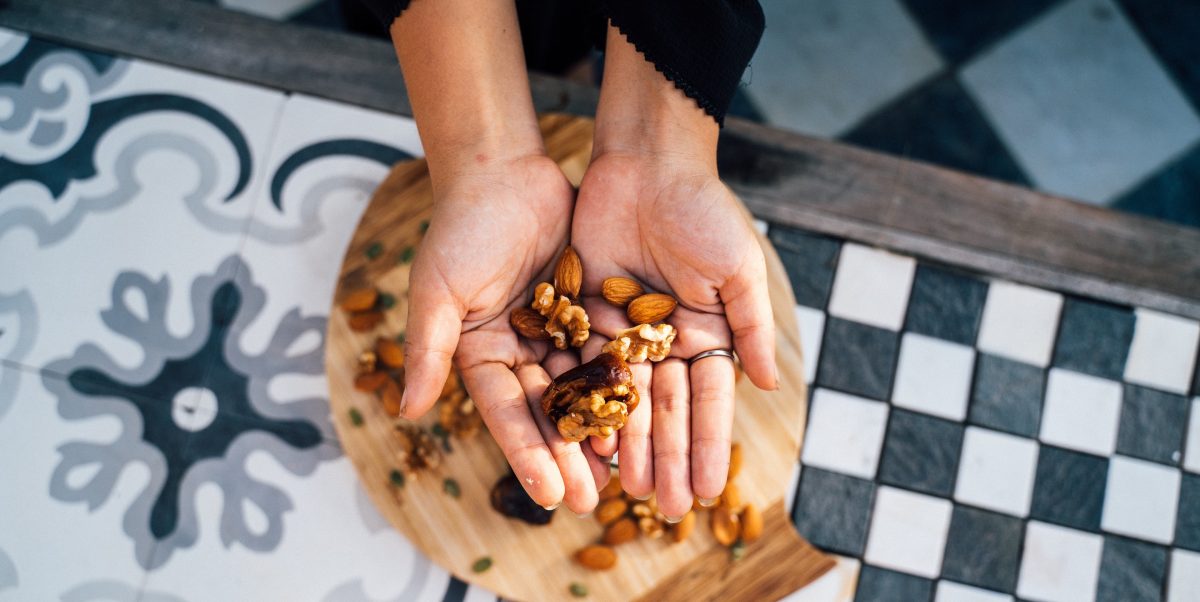The plant-based eating trend has significantly increased demand for nuts around the globe. Nuts are a key ingredient in many plant-based foods, from nut-based milks to vegan cheese.
This is because nuts are such a powerhouse – a versatile food source that can help keep plant-based diets nutrient dense. Nuts are also a good source of healthy fats and nutrients, including vitamin E and magnesium.
At the same time, there are many articles out there claiming that nuts are actually ‘not sustainable’, mainly because nut farming requires large amounts of water. So, does that mean we should be limiting our nut consumption? And are there certain types of nuts that are worse for the environment? With this article, we’ll help break down some of these issues for you!
Some Nuts Require a Lot of Water to Farm
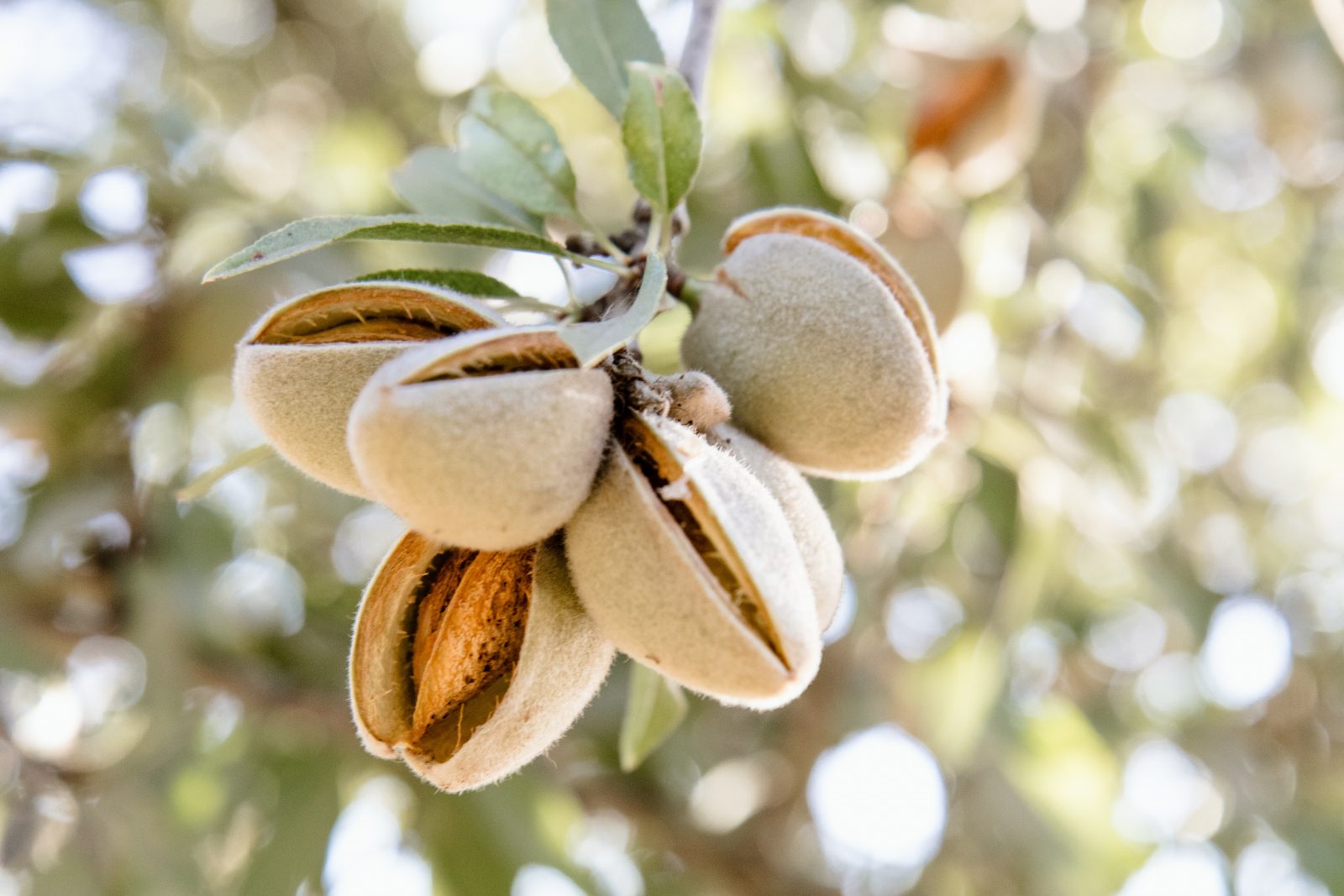
Almonds are notorious for their high water consumption during farming. In California, one of the worlds’ biggest almond producers, it takes 6,098 litres of water to produce one litre of almond milk. So much water is used in California for almond farming that some people have even blamed droughts there on almond farming.
According to the Water Footprint Network, almonds, pistachios and cashews have some of the highest water footprints – the amount of water used during farming of the crop – of any type of nut:
- Almonds require 16,095m3 of water per tonne of nuts
- Cashews require 14,218m3 of water per tonne of nuts
- Pistachios require 11,363m3 of water per tonne of nuts
Not all Nuts are Created Equal
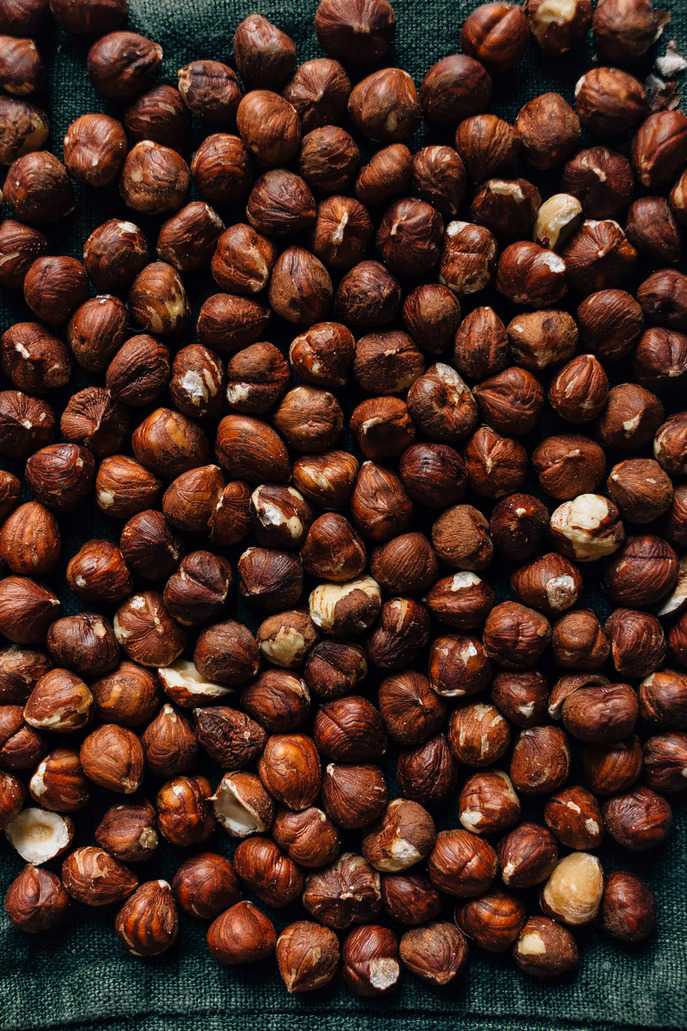
Fortunately, not all nuts are as water-intensive as almonds. Nut farming varies greatly according to the type of nut and region it is grown in. For example, Brazil nuts have an average water footprint of just 253m3 of water per tonne.
Hazelnuts – yes, one of the key ingredients in Nutella and Ferrero Rocher – are also a relatively sustainable nut. On top of a lower water footprint of 10,515m3 water per tonne, they require minimal upkeep and survive in harsh environments. Other comparatively more sustainable nuts include chestnuts and walnuts.
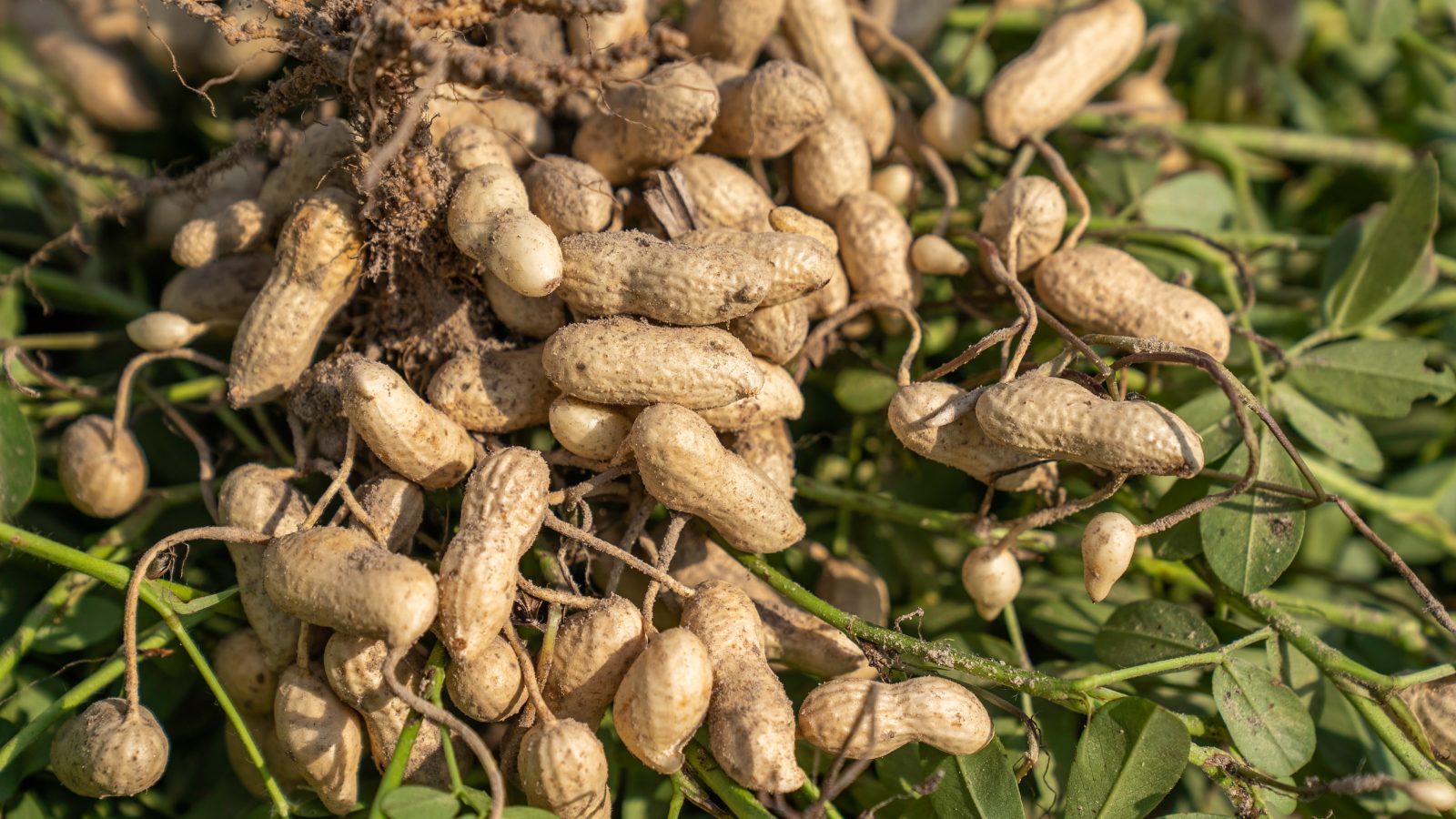
The way a nut is grown also affects its water footprint. Groundnuts like almonds, legumes like peanuts and tree nuts like macadamias are all farmed in different ways. Peanuts, for instance, have long roots that can reach deep into the soil, meaning they are more resourceful at using water and therefore, need less water during farming.
That said, it’s important to put things in context. Although some types of nuts may consume more water than others, overall nuts still have a much lower carbon footprint than animal proteins!
Where To Buy Nuts In Hong Kong
If you’re interested in buying some high-quality nuts with lower water footprints, here are a few of our favourite stores to stock up in Hong Kong:
The Store HK
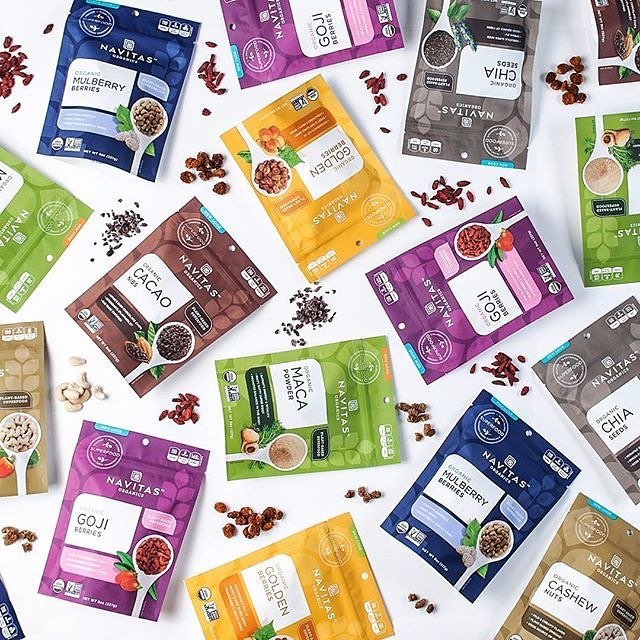
This online health food store sells high-quality, organic food products including various nut brands.
Available at The Store HK
Regency Spices
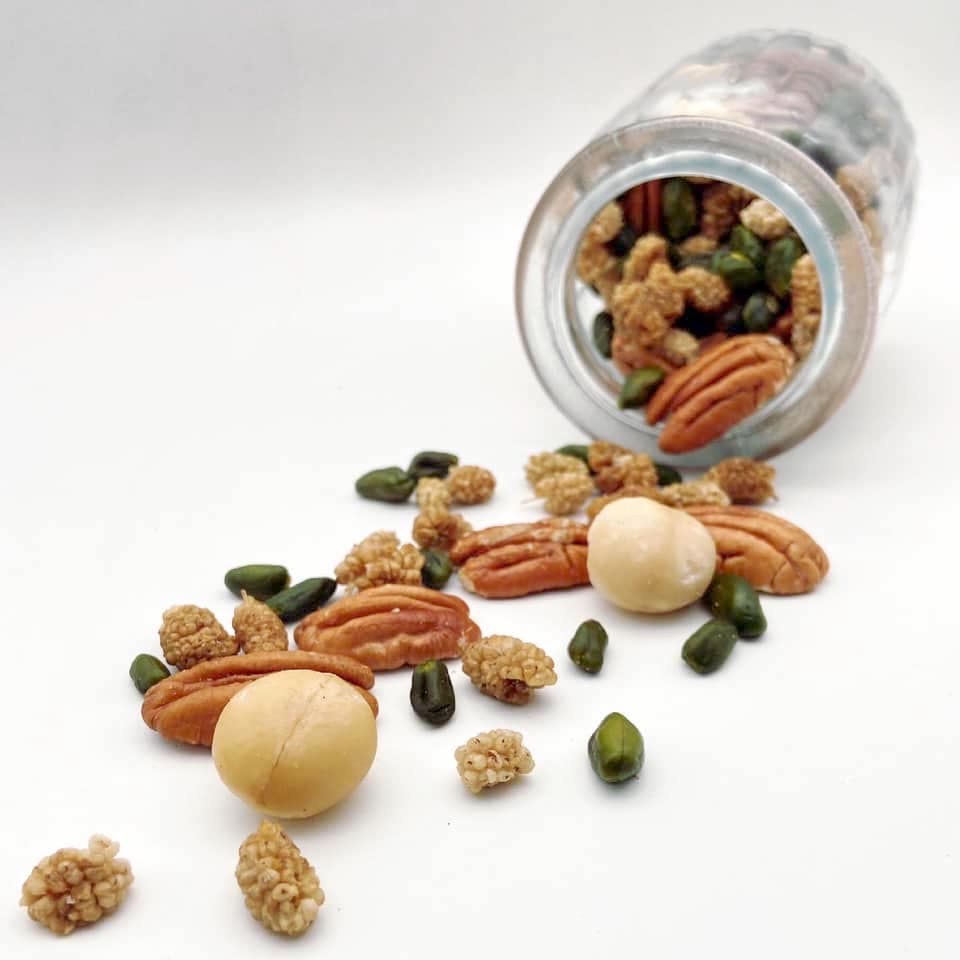
A Hong Kong-based online retailer offering top quality spices and dry ingredients, including a variety of nuts; you can opt for your order to be packaged in recyclable paper bags too.
Available at Regency Spices
Live Zero
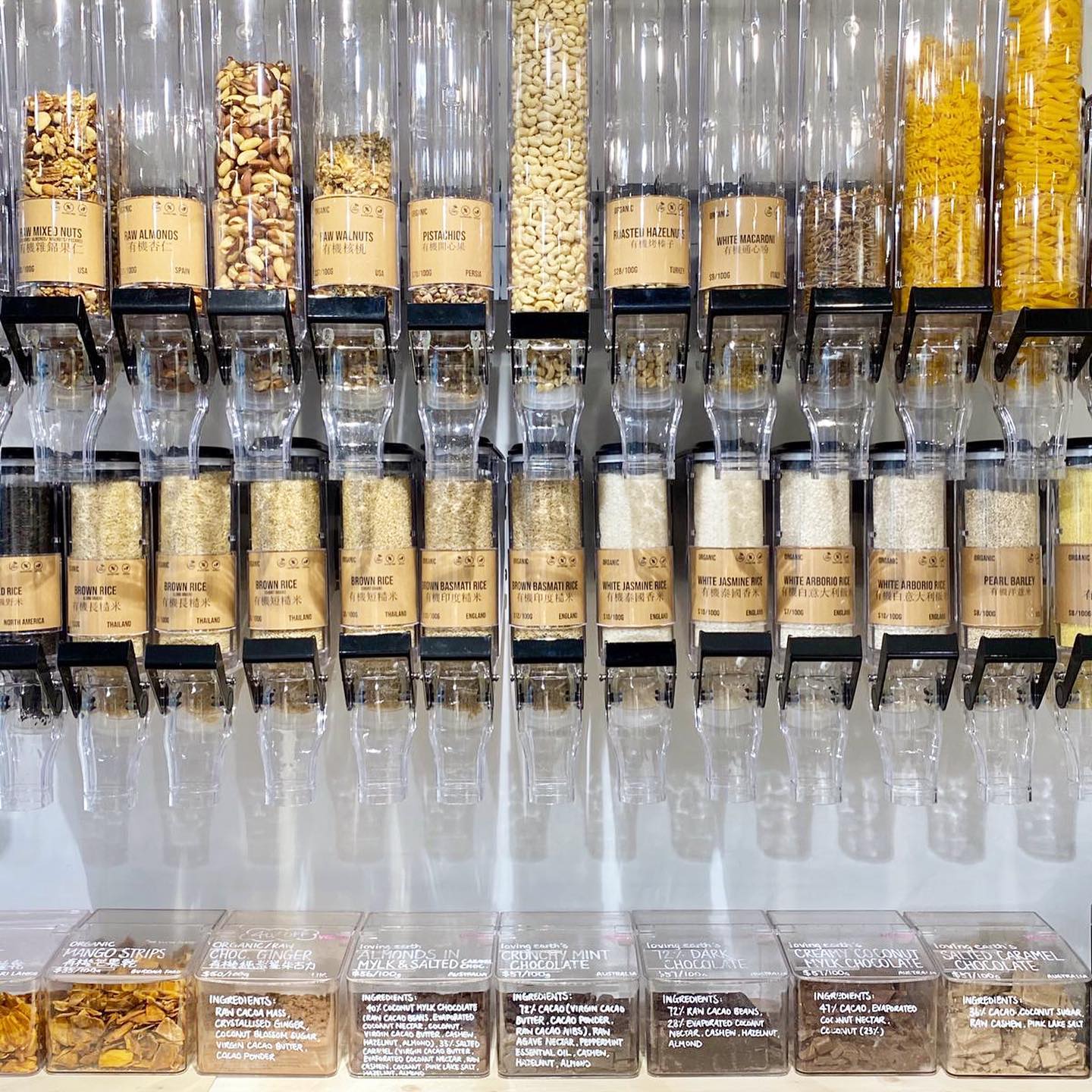
This zero-waste store sells a wide range of packaging-free organic nuts for bulk buying; they have physical stores in Sai Ying Pun, Sai Kung and Quarry Bay, or you can order online from their website.
Available at Live Zero
See also: 8Shades of… Tamsin Thornburrow of Live Zero
Sign up for the 8Shades weekly newsletter to get our top stories in your inbox!
